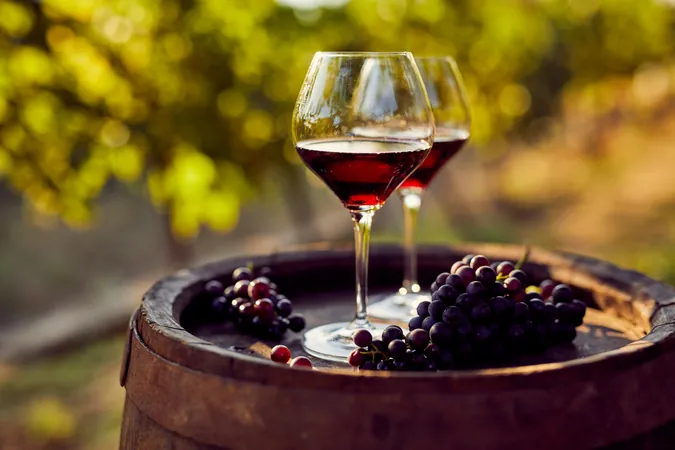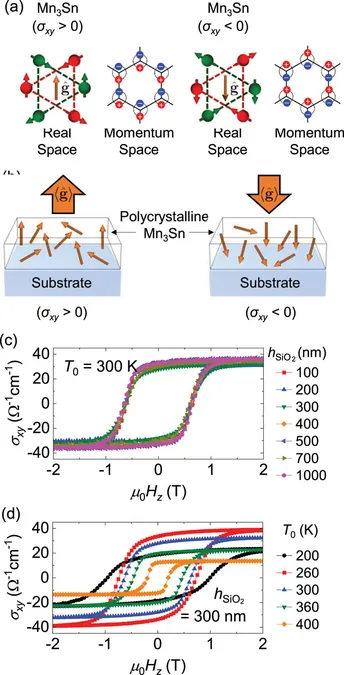
New Research Reveals Red Wine Can Cut Dementia Risk by 28% – Here’s What You Need to Know!
2024-09-23
Introduction
Recent findings from a groundbreaking study conducted by Queen’s University Belfast shed light on the powerful effects of flavonoid-rich foods and beverages, particularly red wine, in significantly reducing the risk of dementia. This study, published in JAMA Network Open, has important implications for public health and dietary practices.
Study Overview
The researchers analyzed data from a substantial cohort of 120,000 adults aged between 40 and 70 years old from the UK Biobank. Their findings indicate that incorporating foods rich in flavonoids—such as berries, tea, and red wine—can lower the risk of developing dementia by as much as 28%!
The Role of Diet
While age and genetics are known to be the primary risk factors for dementia, the study emphasizes that diet plays a crucial role in addressing this growing concern. Dementia cases are projected to triple, reaching approximately 153 million by 2050, making it imperative to find effective ways to mitigate risk through lifestyle changes.
Flavonoids and Their Benefits
Flavonoids, predominantly found in plant-based foods, are celebrated not only for their potential to lower dementia risk but also for their antioxidant and anti-inflammatory properties. Previous research highlights a link between red wine, flavonoids, and reduced instances of cardiovascular diseases, alongside better overall cognitive function.
Research Insights
Professor Aedin Cassidy, the lead researcher in the study, noted that the benefits were especially pronounced among individuals with a high genetic predisposition to dementia, as well as those displaying symptoms of depression. "Our findings demonstrate that by consuming an additional six servings of flavonoid-rich foods daily—particularly berries, tea, and red wine—we can significantly lower dementia risk," Cassidy explained.
Public Health Perspective
Dr. Amy Jennings added that boosting the intake of these beneficial foods could be particularly effective for individuals categorized as high-risk. In a time where effective treatments for dementia remain elusive, she called for preventative strategies like these to be prioritized in public health initiatives.
Conclusion
This study serves as a wake-up call for all of us to reassess our dietary choices. Could enjoying a glass of red wine while snacking on some berries actually be a smart move for our mental health? It’s a tantalizing thought that may just change the way we view our next meal!



 Brasil (PT)
Brasil (PT)
 Canada (EN)
Canada (EN)
 Chile (ES)
Chile (ES)
 España (ES)
España (ES)
 France (FR)
France (FR)
 Hong Kong (EN)
Hong Kong (EN)
 Italia (IT)
Italia (IT)
 日本 (JA)
日本 (JA)
 Magyarország (HU)
Magyarország (HU)
 Norge (NO)
Norge (NO)
 Polska (PL)
Polska (PL)
 Schweiz (DE)
Schweiz (DE)
 Singapore (EN)
Singapore (EN)
 Sverige (SV)
Sverige (SV)
 Suomi (FI)
Suomi (FI)
 Türkiye (TR)
Türkiye (TR)